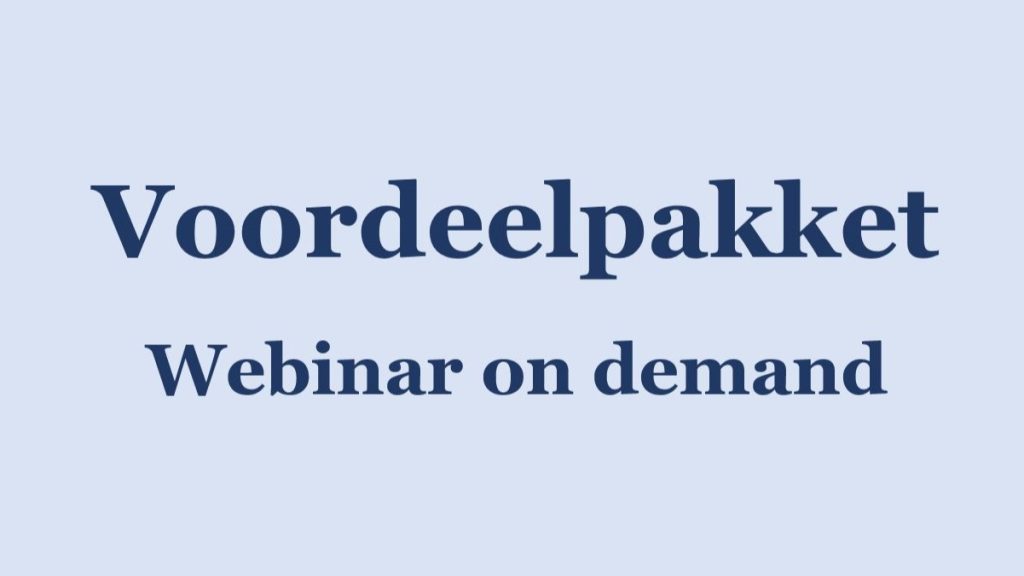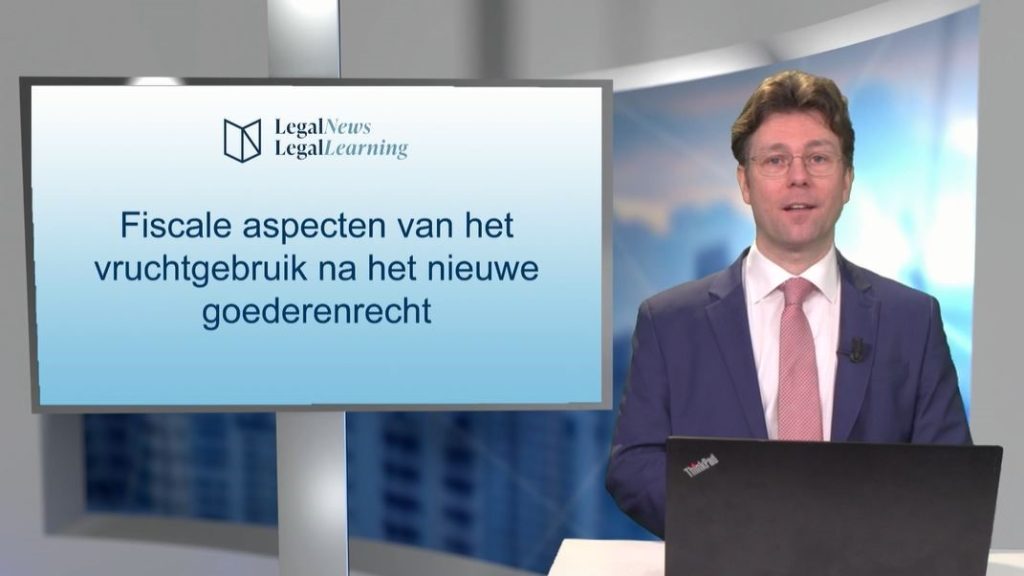Woninghuur in Vlaanderen en Brussel:
het antwoord op 25 praktijkvragen
Mr. Ulrike Beuselinck en mr. Koen De Puydt (Seeds of Law)
Webinar op dinsdag 27 augustus 2024
Vereffening-verdeling van nalatenschappen:
16 probleemstellingen
Mr. Nathalie Labeeuw (Cazimir)
Webinar op vrijdag 26 april 2024
Consumentenbescherming bij de verwerving
van financiële diensten: de laatste ontwikkelingen (optioneel met handboek)
Prof. dr. Reinhard Steennot (UGent)
Webinar op donderdag 30 mei 2024
Is crowdfunding finally here to stay? (NautaDutilh)
Author: Carlo Persyn (NautaDutilh)
Date of publication: 20/03/2018
The annual crowdfunding barometer, prepared by FinTechBelgium in collaboration with Trends Business Information, reveals that the Belgian crowdfunding market has doubled since 2016.
Companies and organisations raised more than €22 million through 80 crowdfunding transactions in 2017. Compared to other types of financing, crowdfunding is still not widely used, but it appears that Belgians are finally beginning to warm to the idea which had been below the radar for many years.
Crowdfunding came about in response to a scarcity of financial resources following the 2008 economic crisis and refers to a range of alternatives to traditional bank financing. These alternatives have been developing rapidly for several years and are now ubiquitous on social media, one of the major catalysts for crowdfunding, and have garnered widespread support in neighbouring countries, such as the Netherlands and France.
On the one hand, crowdfunding allows persons who wish to launch a project, but lack sufficient capital, to acquire funding by presenting their project to a wide audience. On the other hand, individual members of the public are able to make affordable financial contributions to socially valuable projects and organisations.
Furthermore, as the public decides whether to fund a project, based on contact with would-be entrepreneurs, it plays a role in determining which projects are sound enough to bring to the market. A project about which the public is enthusiastic and optimistic and which thus receives ample funding is more likely to succeed in the long run.
Despite the advantages of crowdfunding, however, it took some time to take off in Belgium. The recent rise in this type of financing can be attributed in large part to the government’s tax shelter for start-ups, a tax break awarded when natural persons invest in a company that is less than four years old, be it directly, through crowdfunding or via an investment company. Investors who contribute up to €100,000 per tax period can receive a tax break of 30% or 45% under certain conditions, depending on how they invest and the size of the company. Thus, investors benefit from both a reduction in their personal income tax and a potential rise in the value of their shares in the start-up.
The tax shelter finally appears to be bearing fruit. As the annual crowdfunding barometer reveals, more and more individuals are mobilising their capital and exchanging it for venture capital in start-ups and SMEs struggling with a funding gap. Thanks to the tax break, there is more confidence in this relatively new form of investment. This confidence has been further boosted by a new regulatory framework for crowdfunding, which provides for a licensing scheme, rules on how crowdfunded businesses may operate, and supervisory and sanctioning mechanisms for crowdfunding platforms.
In view of the gap between Belgium and neighbouring countries, it would be premature to suggest that crowdfunding has already become the new reality. However, the figures indicate an improvement in the business climate in Belgium for young, talented entrepreneurs.
» Bekijk alle artikels: Successie & Vermogen
















